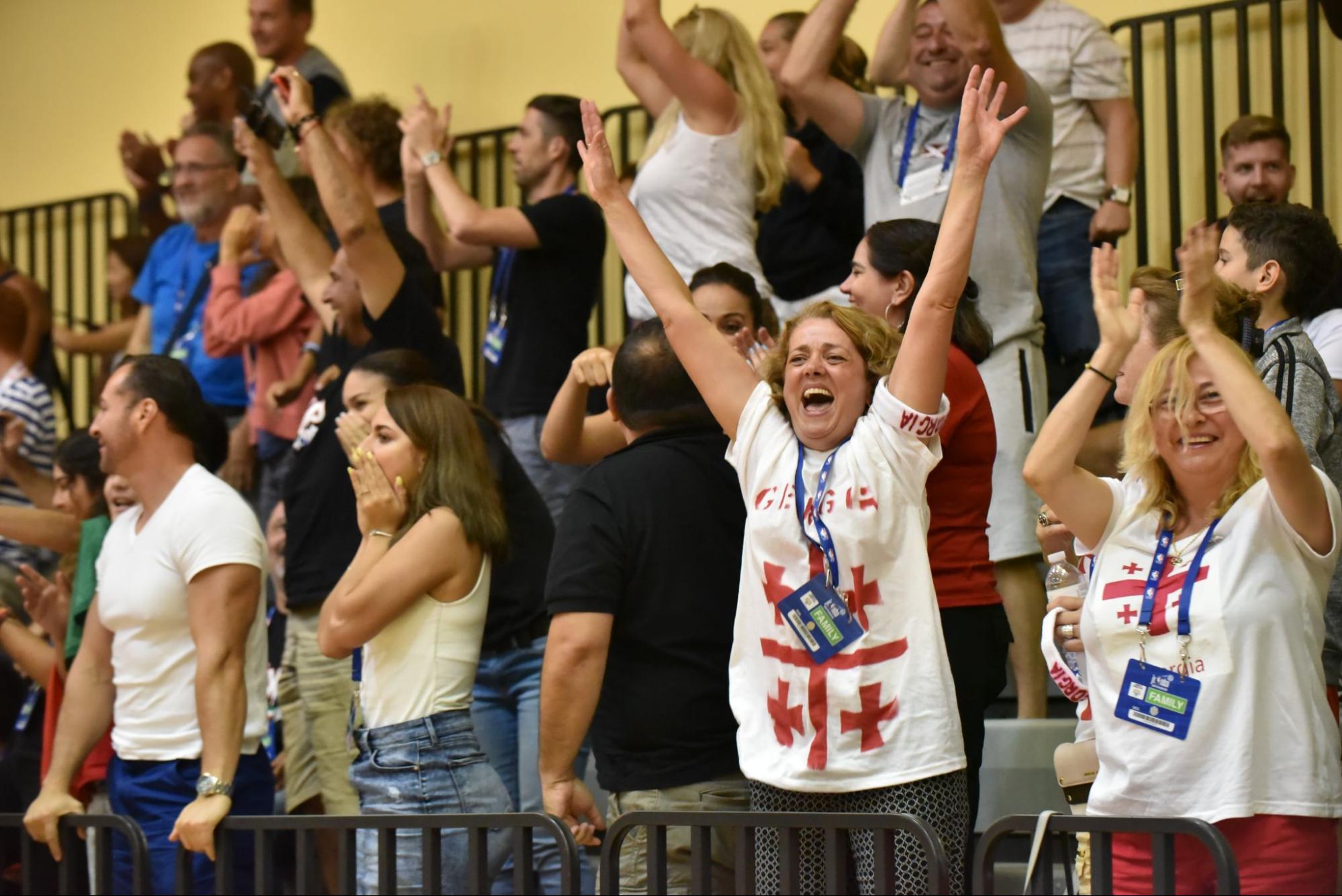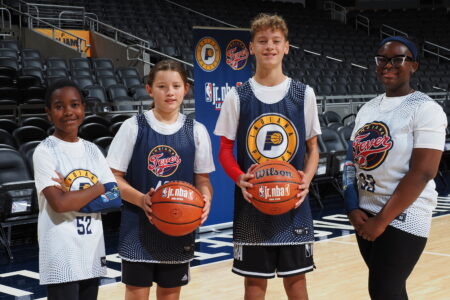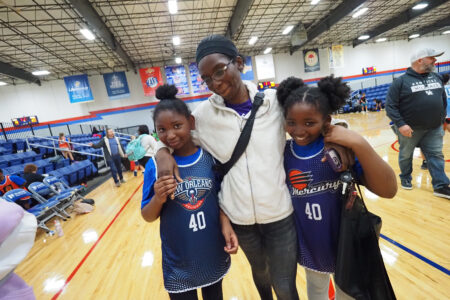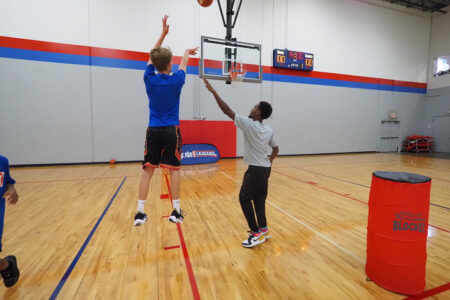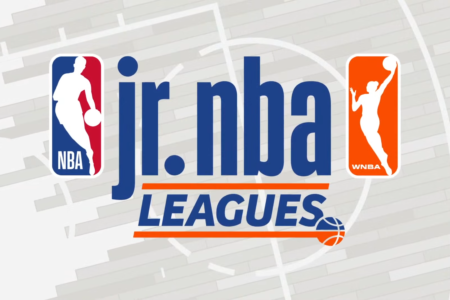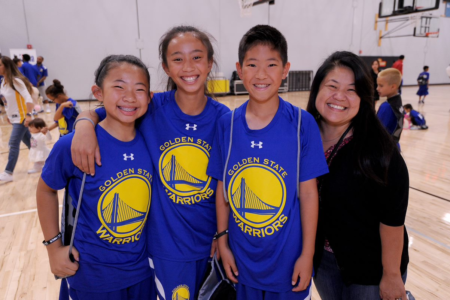Tips for basketball parents—before, during, and after the game
11 July 2022
We’ve all seen it—the overenthusiastic parent in the stands, treating a youth sports game as if it were the NBA and WNBA Finals. While the culture around youth sports continues to shift, it’s important now more than ever for parents to solidify their role as a positive influence at home and on the sidelines.
In fact, a recent study found a correlation between athletes who enjoy their sport and positive parent investment. So here are a few tips to keep in mind before, during, and after the game:
Before the game
Talk about their goals
This kind of conversation doesn’t come naturally to a kid—we get it. But knowing what your child wants to get out of playing can help shape how you’ll support them. Are they interested in a certain position? Do they simply want to have fun? At the very least, it’s worth talking about.
Tip: We like to divide goals into two categories: effort and outcome goals. An effort goal would be praising another player for their consistent effort to box out, while an outcome goal would be learning how to box out.
Help them be prepared—and on time
Don’t you hate the feeling of being rushed? Like turning around because you forgot something important, or running from the parking lot to the court. Time flies when you have somewhere to be. Allow yourself an extra 10 minutes to ensure your child shows up prepared and ready to play.
During the game
Cheer for all players (even the other team)
The first rule for every sports parent is to be supportive. Providing encouragement throughout every play—good and bad—is one simple way to show them you’re always there. And, as tough as it may be, leave the coaching to the coaches. You don’t want to distract from their momentum or strategy. Instead, remain a positive force on the sidelines.
After the game
Have a plan for the ride home
The ride home with your child after a game, especially a bad game, can be a brutal one. Resist the urge to critique them in that moment. Instead, ask if they want to talk about it. If they say no, respect their space and make a mental note to revisit their emotions – good or bad – another time.
Reinforce their self-worth
When they’re ready to talk, be engaged. Reinforce your child’s self-worth with statements like, “I know you are disappointed with the loss, but one thing I like about you is you’re the type of person who bounces back and tries hard the next time.”
And also consider offering specific praise. This might sound like, “I really liked how you hustled after the loose ball,” or “I was proud of how you helped your teammate up after the foul.”
Stay consistent
Just like during the game, you want to remain consistent with how you approach your child afterward. Don’t remind them of their errors or what they could have done differently. At that point, they most likely already know. Instead, be a positive foundation they can fall back on. It goes a long way.
*By clicking the link, you’ll be redirected to youthguidelines.nba.com. This site has its own Privacy Policy and Terms of Use that you agree to when you visit the site.

